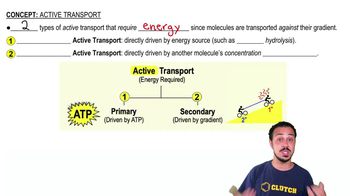Textbook Question
Match the following choices to questions 1–4:
a. innate resistance
b. naturally acquired active immunity
c. naturally acquired passive immunity
d. artificially acquired active immunity
e. artificially acquired passive immunity
The type of protection provided by the injection of diphtheria toxoid.
121
views




